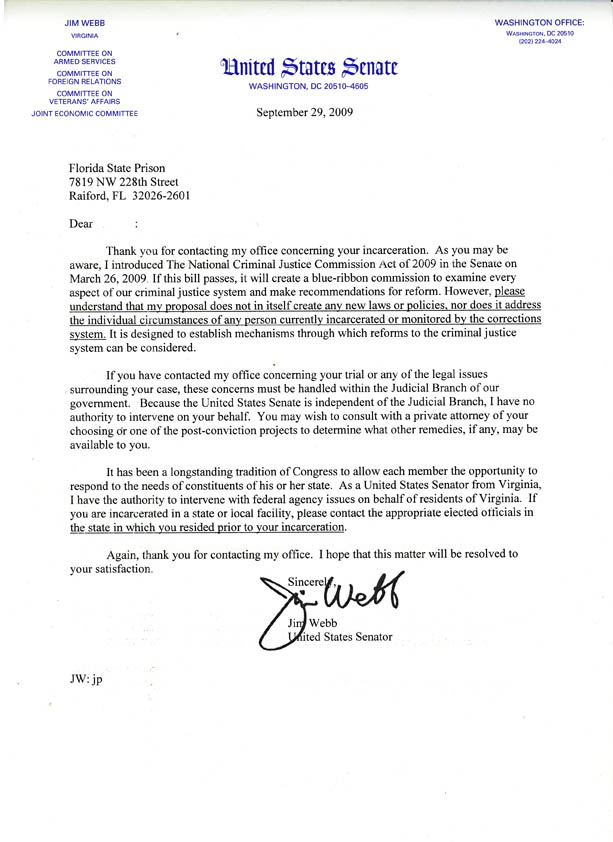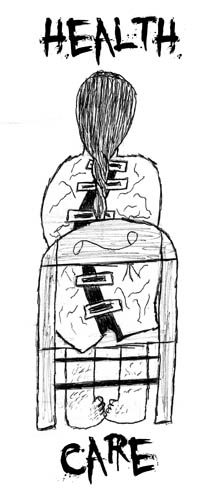
Hip Hop en la Esfera de Acción del Estado
Mostrarlos como groseros y depravados…tener miembros detenidos por acusaciones de mariguana. Investigar conflictos personales o animosidades entre ellos. Manda artículos a los periódicos enseñando sus depravaciones. Use narcóticos y el sexo gratis para entrampar…obtener especímenes de sus escrituras. Provocar rivalidades entre los grupos de objetivo que pueden resultar en muerte. Tácticas FBI COINTELPRO documentado a ser usado contra músicos políticos.(1)
Yo sostengo que es malo en cuanto nos concierne si una persona, un partido político, un ejército o una escuela no es atacada por el enemigo, pues en ese caso, eso significaría definitivamente que nos hemos bajado al nivel del enemigo. Es bueno si somos atacados por el enemigo, ya que demuestra que hemos trazado un límite claramente de demarcación entre el enemigo y nosotros. - Mao Zedong. Ser Atacado por el Enemigo no es Algo Malo Sino Algo Bueno (26 de Mayo 1939)
Un indicación del potencial revolucionario de hip hop es la reacción del estado burgués. El verano pasado, policías arrestaron a Paradise Gray del x-clan (clan equis), y el Zulu Nation (Nación de Zulus), quien juego un papel grande en darle forma al hip hop en los primeros años. Arrestaron a Gray mientras que el estaba filmando una demostración contra el alto burguesismo.(2) Paralelizando algunos esfuerzos de Tupac discutidos abajo, Gray esta actualmente trabajando con 1Hood para promover paz entre la nación de juventud oprimida en la ciudad de Pittsburg, PA. No hay nada que el gobierno le tiene más miedo que cuando los oprimidos paran de matarse los unos a los otros.
Mientras que a la cultura popular le gusta ver Reality Rap (Rap en Realidad), ahora conocido como Gangsta Rap (Rap de Gangster), en el comienzo de la corrupción última de hip hop, la verdad es que pioneros Ice-T, NWA, y Tupac estaban desenvueltamente opuestos al estado y recibieron mucho calor por eso. Cancelaron sus conciertos, postergaron sus discos, censuraron sus canciones y se enfrentaron con constante vigilancia y hostigamiento regular.
Mientras que las formas de arte que se originaron en la cultura de hip hop han sido cooptadas por asimilación de los medios de corporaciones para servir al estado mismo, la amenaza potencial de una cultura que se queda con raíces fuertes en las naciones oprimidas sigue. John Potash sacó una documentación con detalles de la historia del estado usando COINTELPRO contra músicos, conectándolos en operaciones contra revolucionarios que precedieron y que frecuentemente los inspiraron. El describe como el NYPD organizó la primera unidad - rap con entrenamientos por COINTELPRO, y luego fueron a entrenar a otros policías metropolitanos por todos lados del país. Su libro se concentra alrededor de la vida y muerte de Tupac Shakur.
El padrastro de Tupac Shakur era, en el pasado, de los Black Liberation Army (Ejército de Liberación de los Negros) y médico revolucionario, que se volvió prisionero de guerra, Mutulu Shakur. El era uno del número de ancianos influyentes en la vida de Tupac mientras que el creció que eran parte del movimiento del Black Power (poder de los negros). En las juntas con Tupac el dice que el empujó a Tupac a que cuestionara y definiera a la tal thug Life (Vida Maleante), que, con el tiempo, ellos hicieron juntos un código de 26 puntos que fue aceptado por los Bloods y Crips, y otros más tarde, en la cumbre de la paz en 1992 en la ciudad de Los Angeles.(3) Esto indució a una operación mayor de contraespionaje fijando como objetivo a los involucrados, Mutulu incluido que ha estado enjaulado en un centro de control federal desde entonces.
Sanyika Shakur, un ex-jefe de los Crips (Azules), era uno que estaba inspirado a sostener estos esfuerzos. El también fue objeto para aislamiento en la sistema de prisión en el estado de California dónde es esta sentado actualmente (tal pacificadores son supuestamente “peor de los peores” que llenan estas celdas de tortura). Así como el señalo, el gobierno tenia razón para estar involucrados por los esfuerzos para unir a los jóvenes Negros y Latinos ya que las organizaciones de las calles de South Central estaban reclutando más gente jóvenes cada año que los cuatro fuerzas armados de los estados unidos combinados.(4)
La investigación detallado de John Potash sobre 2Pac y otros músicos y líderes, enseñan, claramente, conexiones entre operaciones negras por el gobierno y la represión de esos que movilizaron gente oprimida. El papel primario que Tupac juego en la enemistad del “East vs. West” (El este contra El oeste) en la escena del hip hop era irónico después de su trabajo para unir grupos guerreando en Los Angeles. Pero Potash pinta un retrato de manipulación mandado por el estado que llevó a Tupac que a jugar en el plan de ellos.
Potash traza el uso de sexo y drogas para manipular a ambos activistas y músicos como se describe en el documento del FBI citado arriba. El cargo de asalto sexual formulado contra Tupac es un ejemplo de esto.(5) Death Row Records, quien el pinta como un frente del FBI, mantuvo a Tupac nadando en bebidas alcohólicas y marihuana, así como el FBI hizo a su madre, cuando el era un niño, usando a un traficante que se hizo muy cercano a ella. Igualmente, Death Row cambio a Dr. Dre, que una vez canto, “Ey, yo no fumo marihuana o sess porque es conocido hacerle daño a los sesos de un hermano,” a una publicidad gigante de marihuana con su solo álbum estreno, “The Chronic”. En la década que siguió, el uso regular de marihuana fue aumentado significativamente entre jóvenes Negros y Latinos, con problemas grandes de adicción discapacite, quizás sea el incremento de la potencia de la droga.(6) Hoy, marihuana y bebidas alcohólicas están alabados constantemente por los raperos.
En sus últimos días, Pac estaba sobrio, leyendo Mao y piensando en unir a los negros alrededor del país. Pronto lo mataron y nadien fue acusado con el asesinato aunque en ese momento el estaba observado de cerca por multiple agencias del estado, así como Biggie en el tiempo de su asesinato.
Una lección grande para tomar de “la Guerra del FBI contra Tupac y los Líderes Negros” es que el gobierno tiene una estrategia de neutralizar líderes poténcialas que ellos usan una y otra vez. Para contraatacar esto, activistas necesitan que estar cocientes de las estrategias y formar estrategias para contraatacarlos. Como un individuo, Tupac estaba, fácilmente, manipulado, pero hasta un partido disciplinado como las Panderas Negras fueron manipulados participando en una división similar de costas este contra oeste que se pudo haber evitado. En ambos casos, el FBI tomó una ventaja de las contradicciones internas entre la gente involucrada. Bueno, mientras que estudiar tácticas del FBI es una manera provechoso para defendernos mismos, más importante, tenemos que poner políticas en mando para hacer un movimiento que sea difícil hacer caer fuera de curso.









 I
was unable to finish reading ULK10 because I was motivated to begin this
letter as a contribution to issue 12: Health Care. The front page
article “Brutality Leads to Death” by a Texas prisoner describes an
almost identical incident that happened here at the R.J. Donovan
Correctional Facility (RJDCF, in the Administrative Segregation Unit
(ASU).
I
was unable to finish reading ULK10 because I was motivated to begin this
letter as a contribution to issue 12: Health Care. The front page
article “Brutality Leads to Death” by a Texas prisoner describes an
almost identical incident that happened here at the R.J. Donovan
Correctional Facility (RJDCF, in the Administrative Segregation Unit
(ASU).